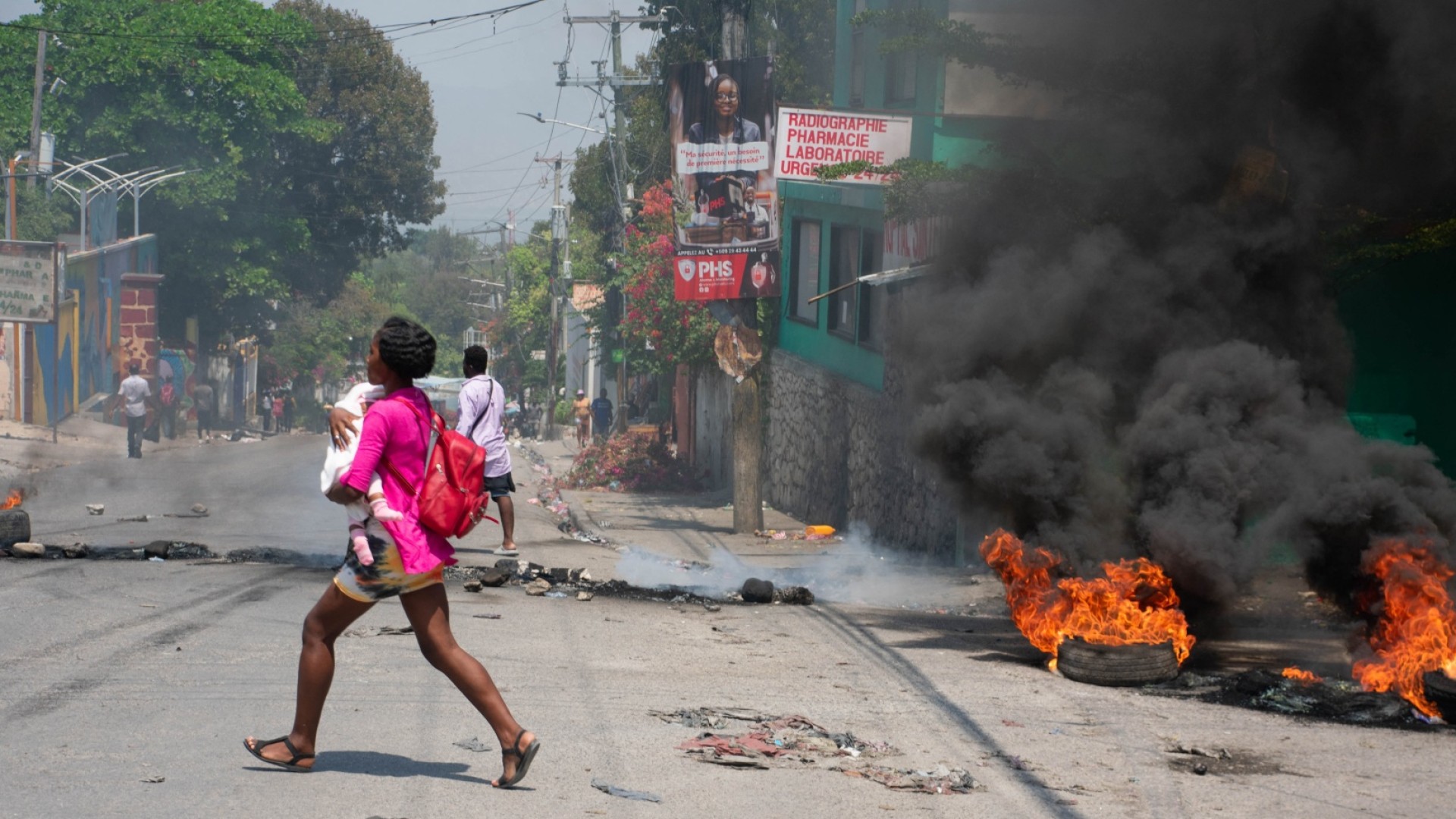Haitian Horror
If you look up the term, ‘Monroe Doctrine,’ Google describes it as, “a United States foreign policy position that opposes European colonialism in the Western Hemisphere. It holds that any intervention in the political affairs of the Americas by foreign powers is a potentially hostile act against the United States.”
In other words, we’ll oversee our side of the Atlantic. The doctrine has been constantly reapplied and reinterpreted over the years to mean different things, but it implies that the United States has a prerogative, and by extension a responsibility, for what goes on in the Americas.
**
Christopher Columbus was the first European on Haiti. He installed his brother Bartolomeo as governor, who immediately wiped out the native Arawak population and replaced them with Spanish settlers. The island then became a battleground between the French, Spanish, and Dutch, with the French gaining control in 1664. Over the next century, the French enslaved and imported approximately 10,000 African natives every year (at one point one-third of all slaves headed to the Americas went to Haiti.) By the mid-1700s, the colony contained one million slave laborers controlled by only 30,000 white overseers, who exercised control through flayings, crucifixion, and boiling in cane syrup. At its height, the colony – roughly the size of Maryland – produced 40% of all sugar and 60% of all coffee consumed in Europe. It was known as “The Pearl of the Antilles.”
Thousands of slaves managed to escape into the mountains and established rebel communities. As they had come from dozens of unrelated African tribes, they had different beliefs and spoke many different languages. Their only common thread was their African religious roots, and in 1751 a one-armed voodoo priest named Mackandal united the rebels and began raiding the northern plantations. The French Revolution threw the Empire into turmoil in 1789 and soon Haiti was in flames. Over the next 10 years, former slaves gradually gained control of the island. But in 1802, Napoleon Bonaparte sent his brother-in-law to recapture the colony, who terrorized the population with unspeakable horrors, including the use of primitive gas chambers. But the Haitians prevailed, and in 1804, Haiti declared independence from France.
This makes Haiti the world’s oldest independent black republic. It is also the second-oldest republic in the Americas. Sadly, it is also the poorest country in the Western Hemisphere.
The United States did not recognize Haiti for 60 years because of our own internal struggles with the issues of slavery. Since that recognition in 1864, Haiti has been caught between the interests of the United States, Britain, France, Spain, Germany and even the Vatican. There were six different Haitian presidents from 1911 to 1915, resulting in the United States invading and occupying the country until 1934.
The Americans, who occupied a stretch of Port-au-Prince known as “millionaire’s row,” created an elite political class of light-skinned Haitians who have since ruled the country with brutality. The lower classes have been persecuted and most of the educated upper classes have fled the country, creating a brain-drain that has never been rectified.
Back in 2018, while Haiti was reeling from one of the worst earthquakes in memory, the President of the United States referred to it as a “sh*thole country.” And though the current administration doesn’t use that type of language, our support of Haiti has not improved. It’s been 18 months since Haiti’s Prime Minister requested military assistance to fight off a wave of gang violence that is threatening to swamp the country; six months ago, the United Nations authorized a military mission with the backing of the U.S.; and two months ago, neighboring Dominican Republic warned that Haiti was “on the precipice.” But no assistance is forthcoming.
And now, the streets of the capital Port-au-Prince are littered with the corpses of victims of gang violence. No help is in sight.
**
The Monroe Doctrine was put in place two centuries ago. This is our hemisphere. These are our neighbors. This is our prerogative, and responsibility.
It’s time for the United States to make good on its policy. Instead of blaming the victim.
